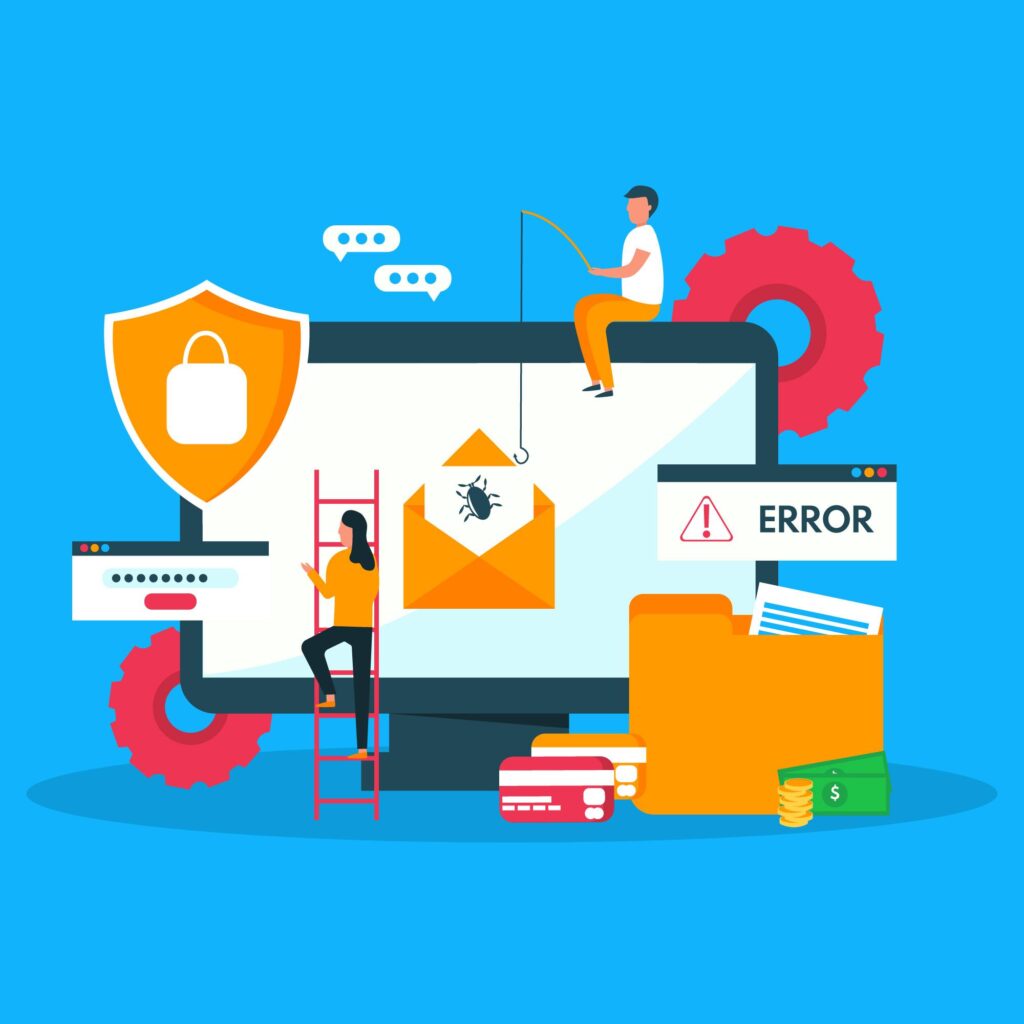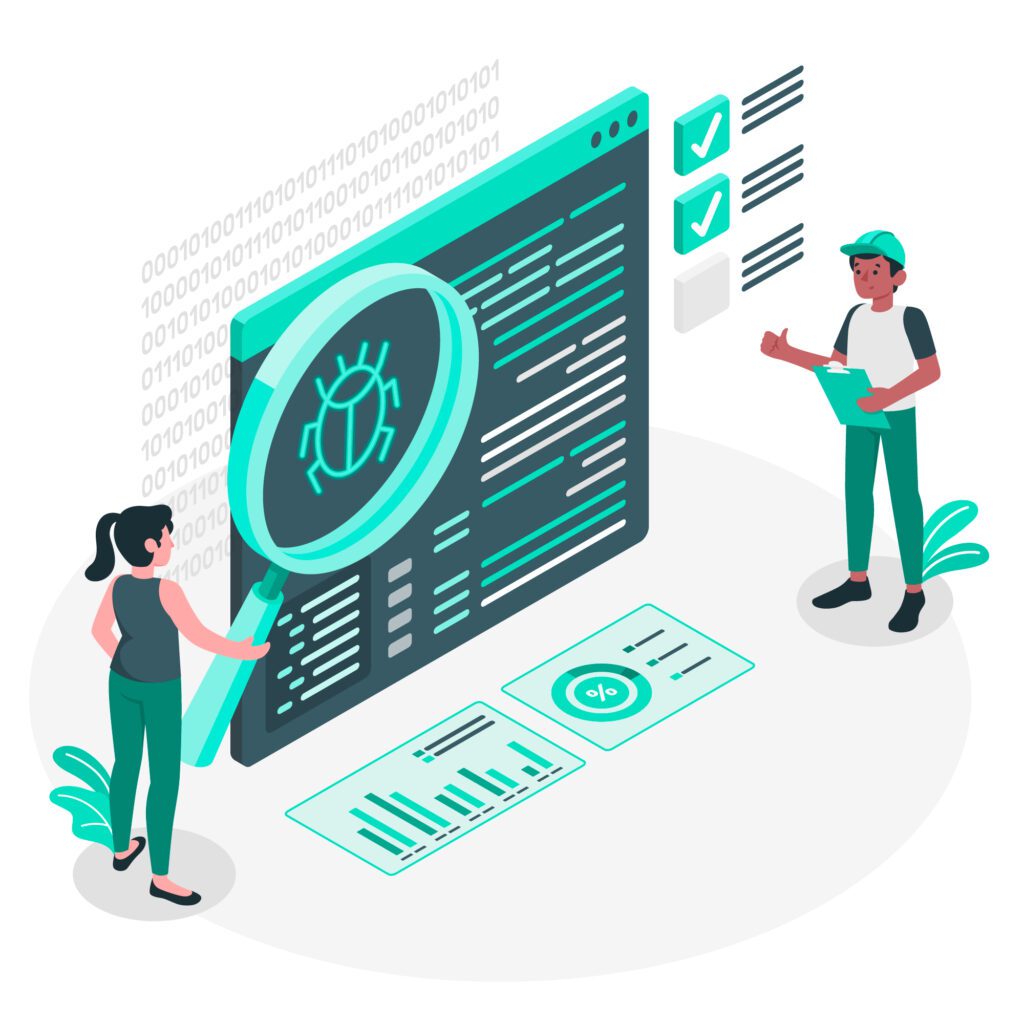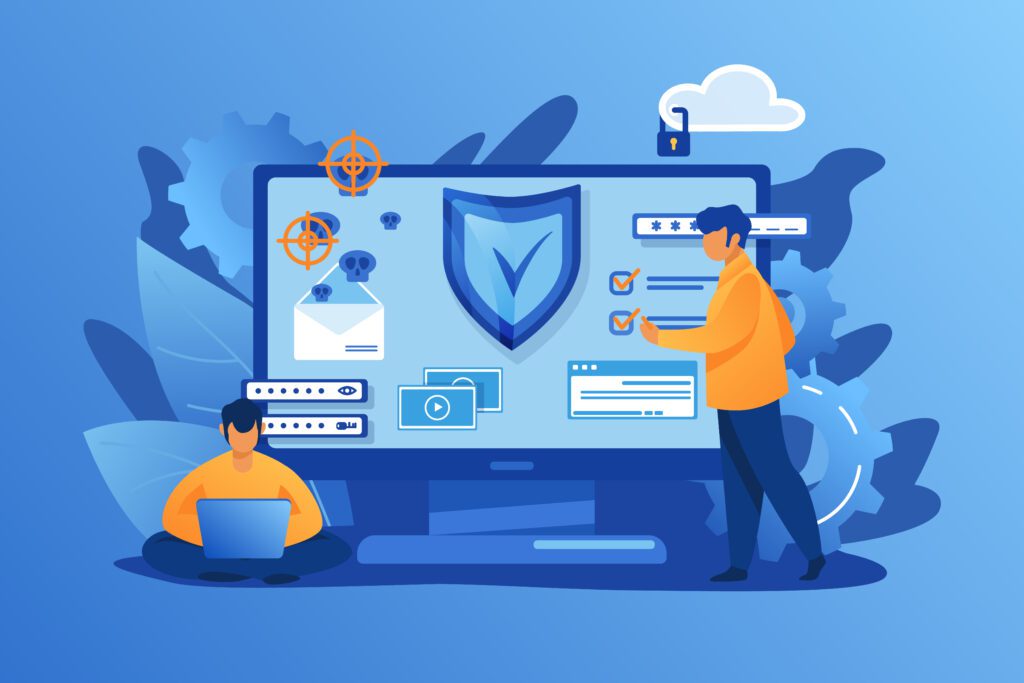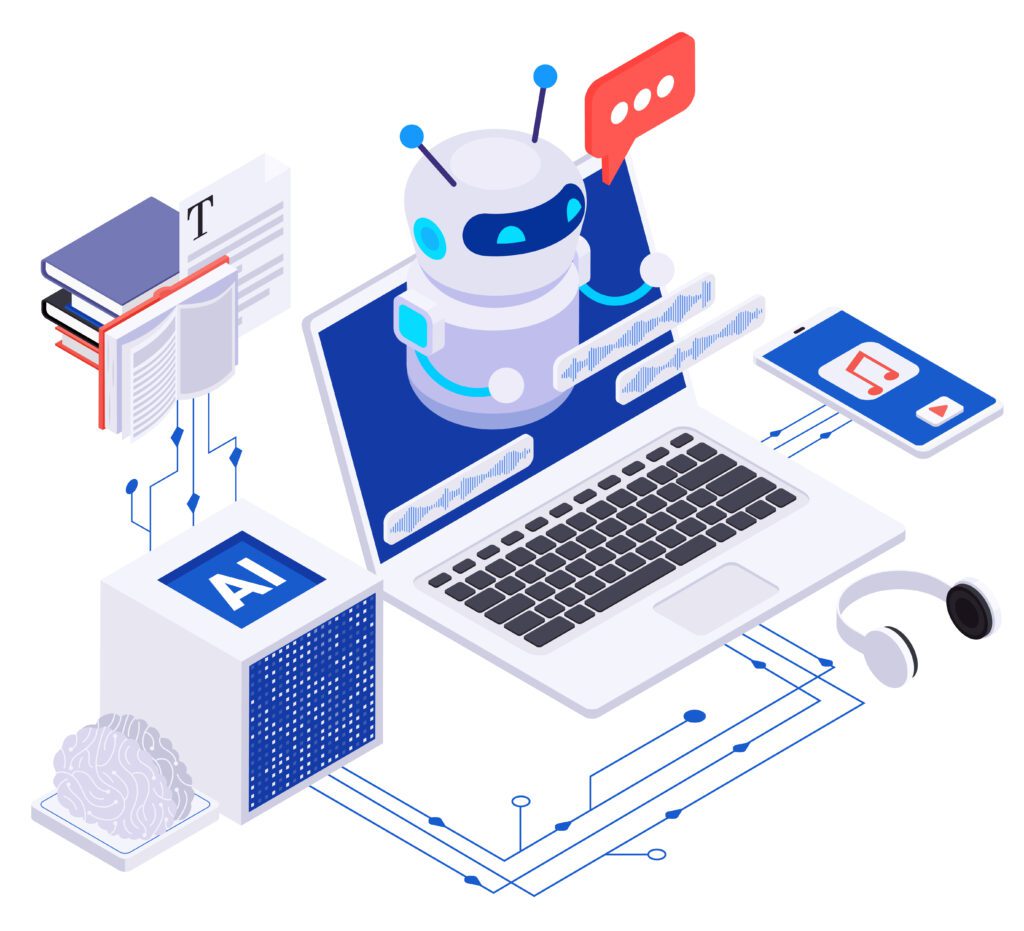|
Getting your Trinity Audio player ready...
|
Introduction–
In the fast-moving world of software testing, being adaptable is a key to success. As technology advances, the demands on software testers change. To excel in this dynamic field, you must not only understand the basics of testing. But also apply them in real-world situations. This blog offers expert insights to help you improve your software testing skills and advance your career in this dynamic field.
“Quality is not an act, it is a habit.”
Aristotle
Mastering the Fundamentals of Software Testing: Beyond Theory to Application
To have a successful career in software testing, you must first understand the core principles.
- Comprehend the software development life cycle, testing levels, types, and techniques.
- True mastery comes from applying these concepts in real-world scenarios.
- This practical experience not only solidifies your understanding but also gives you the confidence to handle complex testing challenges.
Staying Ahead of the Curve: Embracing Change
The world of software testing is always changing due to technological advancements and evolving customer expectations.
- Always stay updated with the latest trends in software testing.
- Embrace agile, DevOps testing, and other advancements.
- Participate in beta testing for industry insights.

Expanding Your Skill Set: Beyond Defect Detection
To truly sustain significance in software testing, it’s essential to broaden your horizons. Understand the entire software development process, including design, architecture, and coding. Consequently, this holistic approach enables you to identify potential issues before they reach the testing phase and contribute to better software quality.
- Ensure quality, usability, functionality, reliability, and security.
- Broaden your skill set, including programming, design, and soft skills.
Embracing AI: The Revolution in Software Testing Automation
Artificial intelligence has transformed software testing by introducing automated testing. Traditional methods struggle to keep up with rapid development.
- AI-driven testing streamlines processes with machine learning.
- Identifies defects early and enhances software quality.
Seeking Feedback: The Catalyst for Growth
Actively seeking and effectively using feedback is the foundation of continuous improvement.
- Collaboration and feedback are essential for improvement.
- Embrace constructive criticism and learn from mistakes.
Experimentation and Innovation: The Creative Edge
Software testing involves creativity, experimentation, and innovation.
- Encourage the new tools, techniques, and approaches.
- Stay curious, proactive, and adaptable.
Continuous Learning: The Path to Long-Term Success
In a field that constantly evolves, you should never stop learning.
- Enroll in online courses, workshops, and earn certifications.
- Stay informed about the latest testing methodologies and tools.

Quality Assurance Beyond Software Testing: A Holistic Approach
To have a lasting impact in software testing, you must broaden your horizons.
- Understand the entire software development process.
- Identify potential issues before the testing phase.
“Quality is never an accident; it is always the result of intelligent effort.”
John Ruskin

The Role of Ethics and Security: Protecting User Trust
In the connected world of software, ethical testing is vital. As a software tester, you have a responsibility to protect user trust, which goes beyond just finding and fixing bugs.
- Understand the ethics of software testing.
- Safeguard user privacy. ensure data security, and comply with standards.
Understanding User Behavior and Feedback Analysis
To ensure software quality, it’s crucial to understand how users interact with the product.
- Explore user behavior analysis and feedback interpretation.
- Utilize tools like heatmaps and feedback analytics for insights.
Test Automation Frameworks: Efficiency and Scalability
In the age of automation, understanding test automation frameworks is essential.
- Familiarize yourself with tools like Selenium, Appium, and TestNG.
- Automation expedites testing and ensures consistency.
Soft Skills: The Pillars of Effective Communication
Effective communication is at the core of software testing.
- Develop strong communication skills for clear result communication.
- Collaborative skills, empathy, and problem-solving are vital.
The Future of Software Testing: Machine Learning and AI
The future of software testing holds the promise of machine learning and AI playing a more significant role.
- Machine learning and AI will play a more significant role in the future.
- Understand AI and its application in testing for a competitive edge.

Summary and Conclusion
In the ever-changing world of software testing, staying relevant and succeeding requires a diverse skill set.
- Master the basics, embrace ethics, and adapt to diverse environments.
- Analyze user behavior and welcome automation.
- Soft skills like communication and collaboration are equally crucial.
- Stay updated with emerging technologies like machine learning and AI.
- Success demands curiosity, adaptability, and continuous learning.
By following these strategies and evolving with the software testing landscape, you can advance your career and become a driving force in the ever-changing world of quality assurance.
Happy Testing!
“Stay tuned to learn more in the next post. Keep reading… “
To learn more about quality engineering, go to https://engineering.rently.com/quality-engineering/.
Follow on https://www.facebook.com/groups/1278523149006286/


